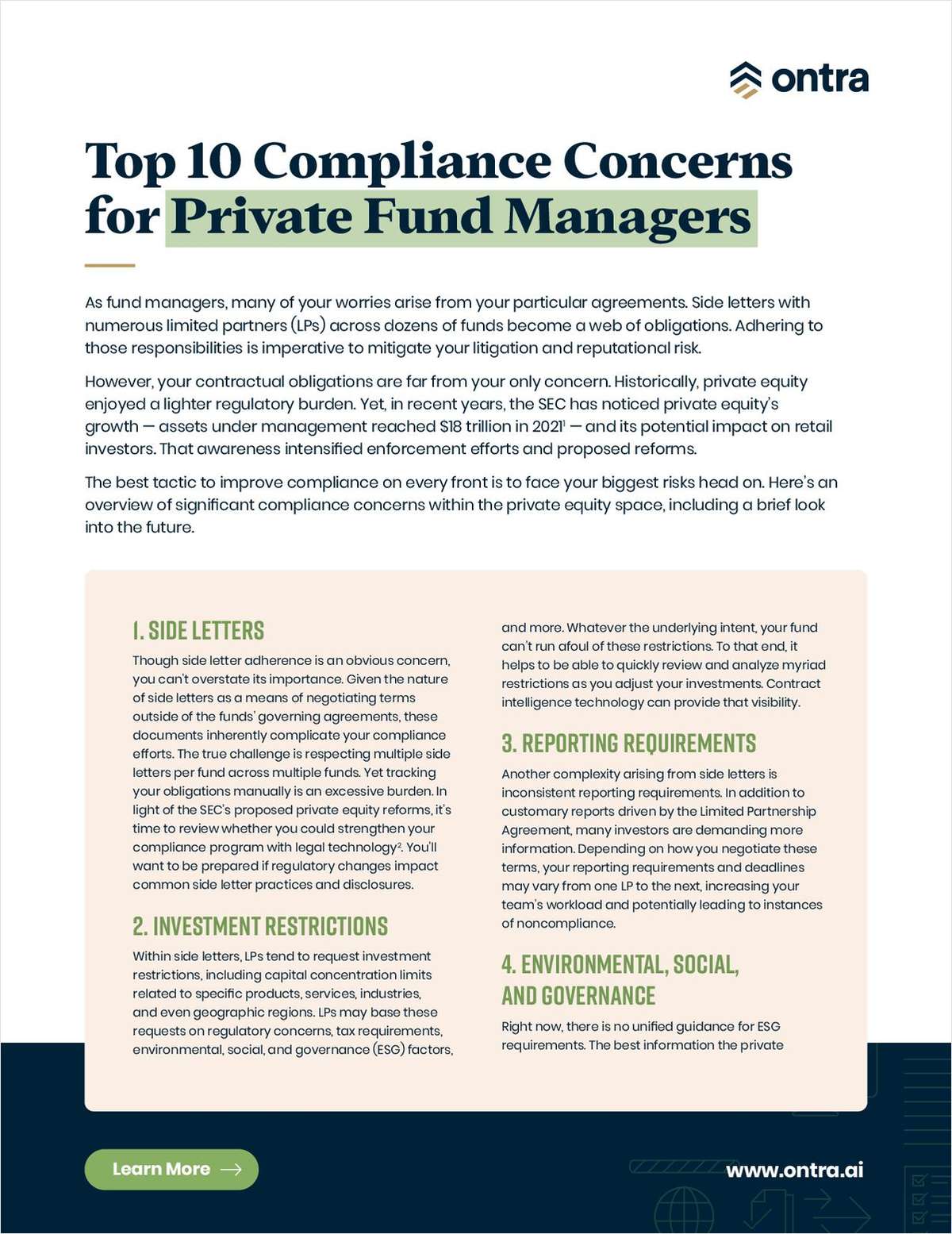Law firms like to believe they are apart from much of the trading pressure that affects their clients. Recent experiences in the West Coast of America, and to a lesser extent the European equity and debt markets, show how illusory that isolation from the shocks of the global corporate markets really is. As shown in this week's news analysis, the lessons of the Silicon Valley fallout, the global legal community's very own South Sea Bubble, are compelling. In the worst excesses, a group of small firms translated law into a virtual fund management business where clients were shuffled like stocks. This level of exposure raises questions that run far deeper than the taking of limited equity stakes in selected clients. In short, a small group of law firms became infected by short-term venture capital and equity markets, and we all saw how quickly the infection was passed on to New York and the City firms in the form of soaring pay rates. For law firms, whose labour supply is inherently inflexible, the dangers of overreacting to such external pressures are self evident – though this year's pay round suggests otherwise. Likewise, shifts in structure and management are gearing global firms ever closer to inherently volatile markets that they serve, the consequences of which are only now being understood.
Top firms must now continue the major strides they have made in the last decade in governance and risk management if they too are not to fall foul of the markets. That is not to say they should not respond to the changing environment. Technology-based industries are markets that firms rightly believe they must pursue, as long as managing partners realise the ends do not always justify the means. And perhaps the most intriguing aspect of the Silicon Valley experience lies now in the opportunity for large firms to pick up struggling West Coast practices. Well-run businesses taking over badly managed but innovative firms? Why not? In law as in business, the fundamentals eventually reassert themselves.
NOT FOR REPRINT
© 2024 ALM Global, LLC, All Rights Reserved. Request academic re-use from www.copyright.com. All other uses, submit a request to [email protected]. For more information visit Asset & Logo Licensing.
Trending Stories
- 1'I'm Staying Everything': Texas Bankruptcy Judge Halts Talc Trials Against J&J
- 2What We Know About the Kentucky Judge Killed in His Chambers
- 3Judge Blasts Authors' Lawyers in Key AI Suit, Says Case Doomed Without Upgraded Team
- 4Ex-Prosecutor and Judge Fatally Shot During Attempted Arrest on Federal Corruption Charges
- 5Federal Judge Won't Stop Title IX Investigation Into Former GMU Law Professor
Who Got The Work
Burr & Forman partner Garry K. Grooms has entered an appearance for 4M Acquisitions and Wallace D. Tweden in a pending environmental lawsuit. The action, filed July 22 in Tennessee Middle District Court by the McKellar Law Group and Mark E. Martin LLC on behalf of Tennessee Riverkeeper, contends that the defendant's violated the Clean Water Act and Tennessee Water Quality Control Act by allowing for the discharge of pollutants into waters of the U.S. without obtaining a National Pollutant Discharge permit. The case, assigned to U.S. District Judge Aleta A. Trauger, is 3:24-cv-00886, Tennessee Riverkeeper, Inc. v. Tweden et al.
Who Got The Work
Ramsey M. Al-Salam, Gene W. Lee and Stevan R. Stark of Perkins Coie have entered appearances for R-Pac International in a pending patent infringement lawsuit. The case, filed Aug. 12 in New York Southern District Court by PinilisHalpern LLP and Friedman Suder & Cooke on behalf of Adasa Inc, asserts a single patent related to wireless sensors used for tagging products. The case, assigned to U.S. District Judge Alvin K. Hellerstein, is 1:24-cv-06102, Adasa Inc. v. R-Pac International LLC.
Who Got The Work
Walmart has tapped lawyer Nicole M. Wright of Zausmer PC to defend a pending product liability lawsuit. The action was filed Aug. 12 in Michigan Eastern District Court by Wolfe Trial Lawyers on behalf of a plaintiff claiming burns from a defective propane tank. The case, assigned to U.S. District Judge Matthew F. Leitman, is 2:24-cv-12100, Hill v. Ferrellgas, Inc. et al.
Who Got The Work
Kevin Simpson and James Randall of Winston & Strawn have stepped in to represent Comcast in a pending consumer class action. The case, filed Aug. 11 in Georgia Northern District Court by Kaufman PA, contends that the defendant placed pre-recorded debt collection phone calls to the plaintiff in violation of the Telephone Consumer Protection Act. The case, assigned to U.S. District Judge J.P. Boulee, is 1:24-cv-03553, Pond v. Comcast Cable Communications LLC.
Who Got The Work
Potter Anderson & Corroon partners Christopher N. Kelly and Kevin R. Shannon have stepped in to represent cloud computing company Fastly and its top executives in a pending shareholder derivative lawsuit. The complaint, filed Aug. 23 in Delaware District Court by deLeeuw Law and Bragar Eagel & Squire on behalf of Mark Sweitzer, accuses the defendant of failing to disclose that revenue growth in 2023 was primarily driven by a 'consolidation trend' in which companies simplified operations by reducing the number of content delivery network vendors under management, thereby reducing competition and increasing the defendant's market share. The case, assigned to U.S. District Judge Gregory B. Williams, is 1:24-cv-00969, Sweitzer v. Nightingale et al.
Featured Firms
Law Offices of Gary Martin Hays & Associates, P.C.
(470) 294-1674
Law Offices of Mark E. Salomone
(857) 444-6468
Smith & Hassler
(713) 739-1250









